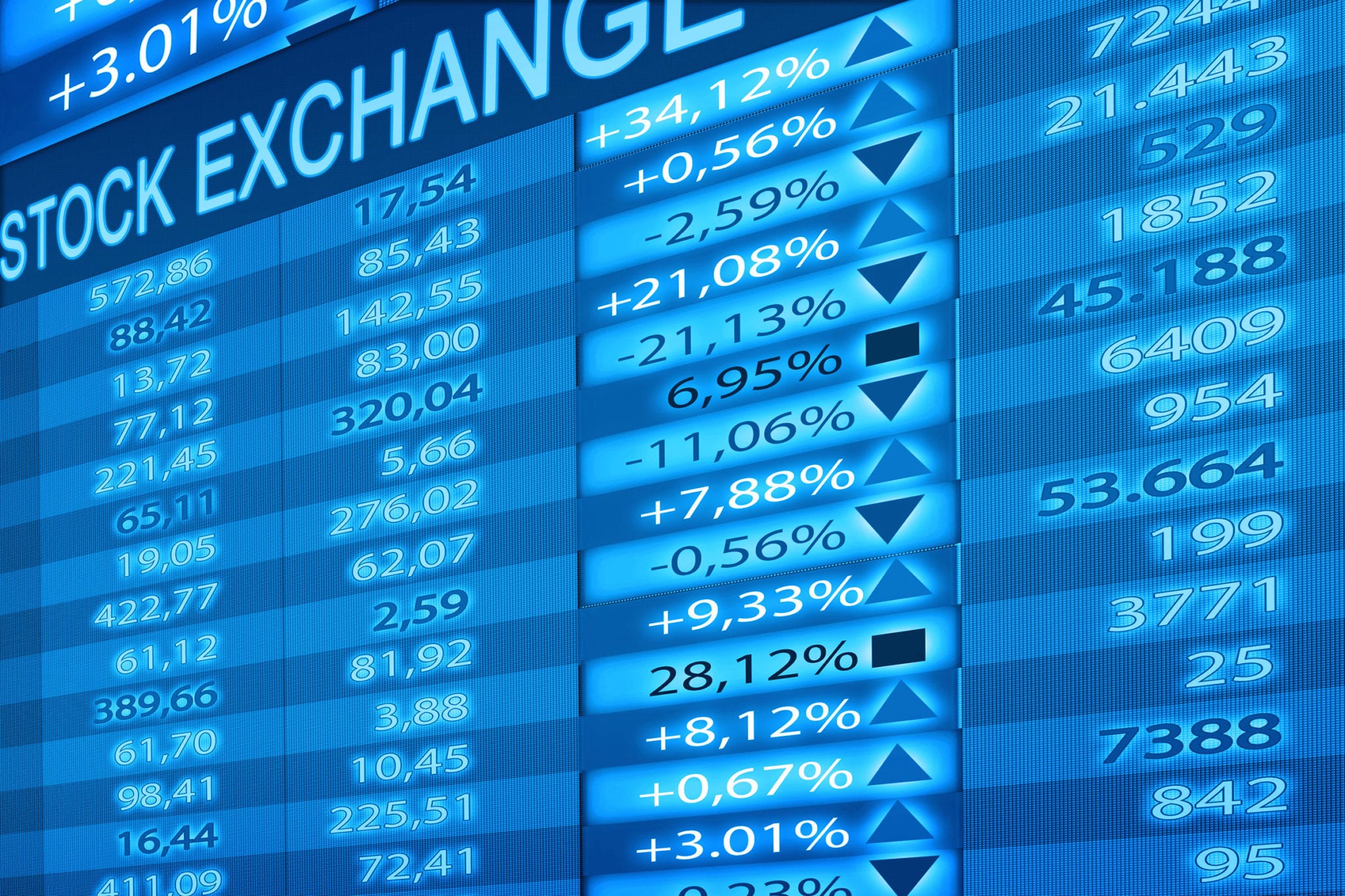If you’ve ever considered putting your cash to work for you, rather than watching it gather dust in your savings account, then you’ve probably taken a close look at the stock market before. There are plenty of different ways to get involved in working with shares and stocks – from long-term investments and securities to short-term strategies. It’s no wonder that a lot of beginners end up getting confused about what certain titles and terms mean in this environment.
One common title that you might have heard someone use to refer to another person in the stock market, is a day trader. The most important thing you need to know about that term is that it isn’t used to refer to just another standard investor. Here, we’re going to help you to understand what day trading really is, what the difference is, and which option is actually right for you.
What’s the Difference?
So, what makes buying and selling stocks every day any different than purchasing something that you hope will gain value over time. Well, in both cases, you’ll be closely evaluating the market to make sure that you’re choosing security that’s going to make you money. However, the similarities generally stop there. Investing is the process of purchasing a stake in a business or asset. When you spend your money on an investment, you hope that you’re going to build a profit from your decision in the long-term. How long you spend waiting for your return will be a subjective thing, but some people spend decades waiting for their choice to pay off.
Investors are also usually the kind of people who pay more attention to the businesses that they’re getting involved with. Most of these people will spend time reading articles and press releases about those companies, looking for brands that pay off their debts and make solid profits. On the other hand, day traders are all about buying and selling securities in rapid succession. You don’t need to worry about the long-term growth of a business to be this kind of trader because you’ll usually get rid of an asset before the day is over. Many day traders also use borrowed money to take advantage of small changes in liquid indexes or stocks. If you want to learn and understand the differences better, look into stock market classes out there that teach you about day trading, penny stock investments, and lower risk investments as well.
Which Option is Right for You?
In general, a day trader will follow the same basic wisdom as your standard investor. Like anyone else in the market, these people are looking to buy assets for a low price and sell when the price is high. However, everything in this particular trading environment happens on fast-forward. The day trading lifestyle is an exciting one and even an opportunity that experts can use to make a daily income outside of their 9-to-5 career. However, this isn’t the sort of thing that you should be looking into if you don’t have a good capacity for stress and risk. The more fast-paced your market is – the more pressure you’ll need to deal with each day. Not everyone can cope with the high-octane stakes of day trading.


